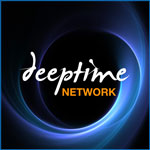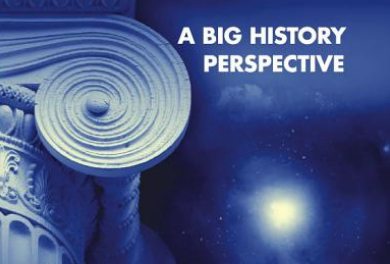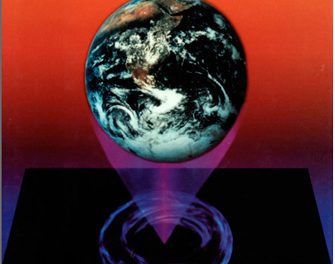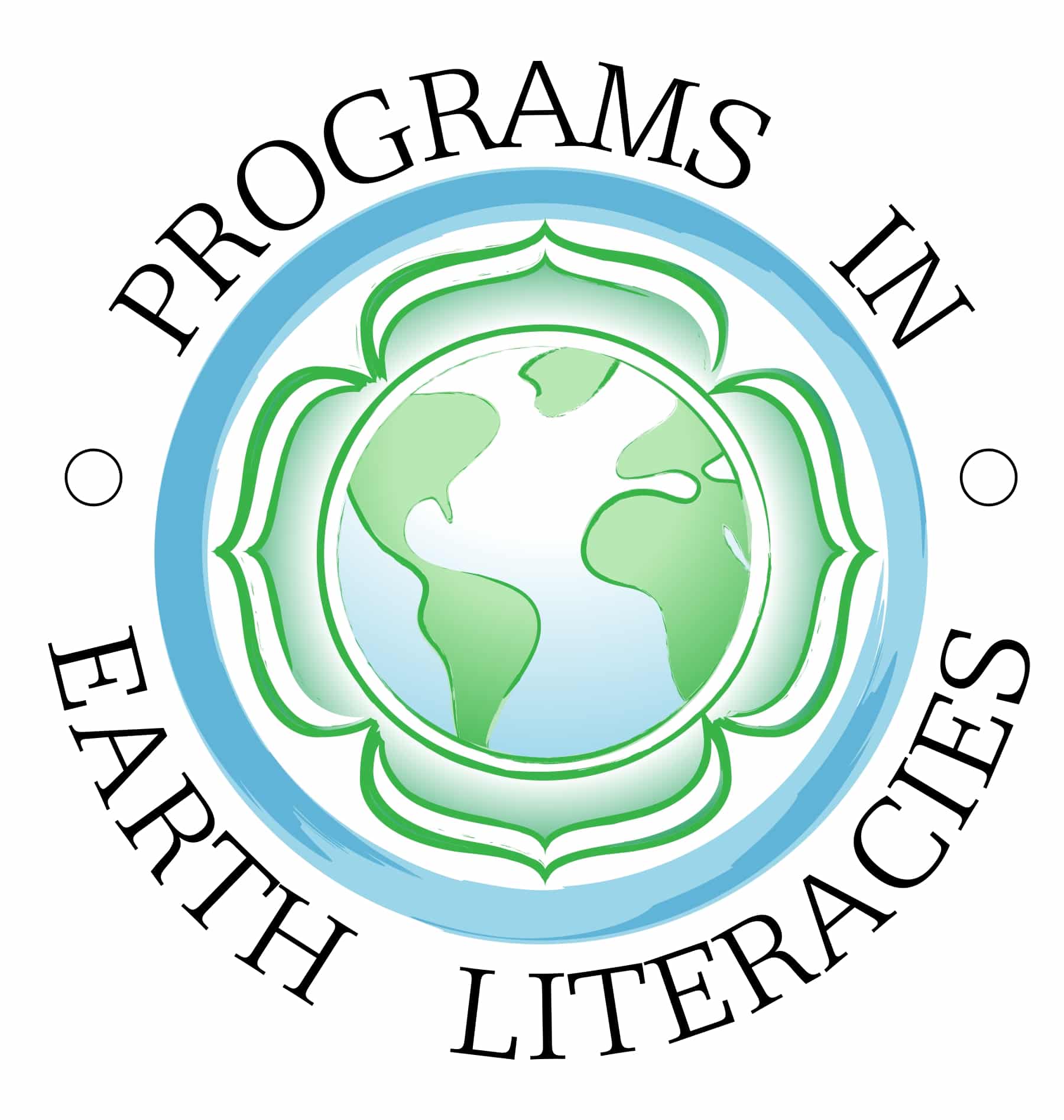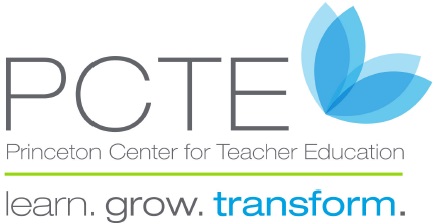Transdisciplinarity, Worldview Change, and the Planetary Ecological Crisis
Click for this Resource!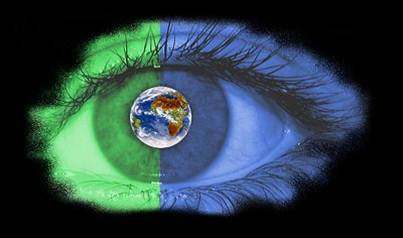
A Presentation from the 2007 Metanexus Institute Conference: There are a number of issues raised by the assertion around which this year’s conference is organized: “the challenge of the 21st century will be to integrate or synthesize the outcomes of the exponential growth in human knowledge into meaningful wholes.” One issue concerns clarity of intent. If the yearning for transdisciplinarity and the unity of knowledge is about something as ambitious as “a chance to get the whole story of the whole cosmos for the whole person”, then we should call it what it appears to be: a desire for worldview transition. Though worldviews have certainly changed in the past, there is no precedent for a civilization deliberately catalyzing such a shift from within. Indeed, there are good reasons to doubt whether this is even possible. Genuine worldview change is non-linear and may be entirely beyond our ability to manage or even predict. There is also a question of motivation. What compelling reason would drive more than just a few leisured members of the theory class to pursue transdisciplinarity and the unity of knowledge? In this paper I argue that if transdisciplinarity and the unity of knowledge are ever realized, it will not be because they were pursued as ends in themselves. They will be the byproduct of worldview change that is rooted in our best scientific understanding of the planet and cosmos, driven by an urgent need to address the planet’s accelerating ecological crisis, and guided by a new civilizational vision in which our destiny is to become responsible members of the community of life. A look at the history of worldview transition suggests that the present is ripe. There are signs that we are in the early stages of another long, slow period of change that could rival the shift from the medieval to the scientific-industrial. Unfortunately, the looming planetary catastrophe is reason enough to attempt the unprecedented task of deliberately speeding up the process though transformative learning practices.
- Original Release Date (Year): June 4, 2007
- Used by people who call the work: Story of the Universe, The New Story
- Applies a deep time evolutionary perspective to: Ecology/Sustainability, Education, Religion/Spirituality
- Learning Stages: Adult Education, Higher Education, Secondary 9 - 12
- Type: Lecture/Webinar
- Keywords: Worldviews, Ecological Crisis
- Why I love this Resource: It gets at a big picture perspective in a short presentation.
- Link to Resource: Click here
- Posted By: Paul Morgan
- Date Added: April 20, 2014


